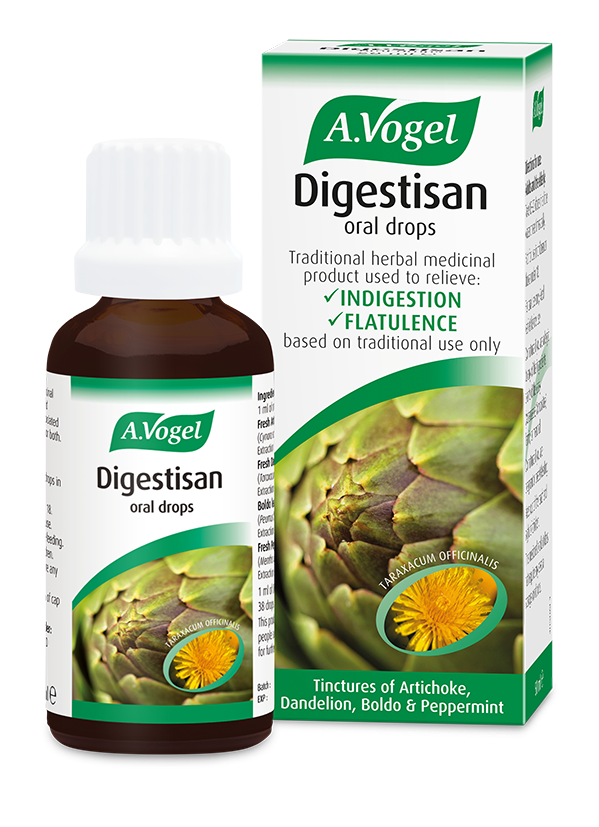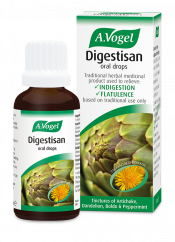An introduction to dairy or lactose intolerance
Dairy products are often not well tolerated and this sensitivity is thought to become increasingly worse as we get older. Lactose intolerance is the most common dairy sensitivity but is not always the only problem component as many people assume.
Below we discuss the different processes involved in dairy and lactose intolerance and what foods you need to look out for.
Dairy intolerance
Dairy products are defined as milk products obtained from mammals such as cows, goats and sheep. Milk and the products produced from it, including yoghurt, cheese, butter, cream or ice cream are common features in the Western diet.
A dairy intolerance means you are reacting adversely after the consumption of dairy products, often because you can’t effectively process and break down some of the constituents (e.g. you lack the enzyme lactase) but there may be other reasons such as chemical sensitivity.
All animal milk contains a sugar called lactose, but these dairy products also contain proteins (casein and whey) and naturally occurring hormones. Some dairy products, for example, certain varieties of yoghurt or cheese, have smaller amounts of lactose but a higher percentage of protein compared to milk. These differences may help you determine what components of dairy are affecting you.
Lactose intolerance
Lactose is the naturally-occurring sugar found in milk and dairy products.
In your body an enzyme called lactase is responsible for breaking lactose down into the simple units, glucose and galactose, ready for absorption. If you have insufficient lactase then lactose can’t be broken down for absorption and continues into the large intestine where it causes irritation as it is fermented by the bacteria in your gut.
Lactose is generally not well tolerated. As high as 90% of certain communities around the world are lactose intolerant and lifestyle factors are thought to be important.
During weaning as a baby, the milk you consume is reduced as food is introduced to your diet. As you are exposed to less dairy, it is thought your body produces less lactase in line with requirements. In parts of the world where dairy is rarely consumed after weaning, such as Asia, the highest rates of lactose intolerance can be found.
Foods high in dairy and lactose
Dairy products that you may want to eliminate if you suspect you have a dairy intolerance include:
- Milk – all varieties from animals
- Yoghurt
- Cream – all varieties
- Cheese – all varieties
- Butter and ghee
- Lactic acid (E270)
- Ice-cream
- Buttermilk
- Whey or casein protein
- Hidden in products such as: bread, cakes, cereals, margarine, snacks, and dressings.
If, like many people, it appears more likely you are sensitive to the lactose present in dairy products you may be able to consume certain products from the above list, which are fairly low in lactose. These can include:
- Butter (use approx. only 1tsp)
- Certain varieties of cheese in small amounts, including blue cheese, cheddar, swiss cheese and parmesan
- Casein protein
As we are referring to food intolerance rather than allergy it is possible you may be able to include small amounts of dairy or lactose in your diet without experiencing symptoms and are even more likely to be able to do so after an initial elimination diet.
You may also want to consider that milk from animals other than cows may not have as severe an effect as they naturally differ in composition.
Symptoms
Symptoms associated with dairy or lactose intolerance may emerge fairly quickly or not appear for a number of days. They can range from mild to severe depending on the variety and quantity consumed.
This can make dairy or lactose intolerance more difficult to recognise and to determine the cause, but keeping a food and symptoms diary can help you. Some common symptoms to look out for include:
- Bloating, often accompanied by noise coming from the gut
- Flatulence
- Stomach cramps
- Smelly stools
- Diarrhoea
- Constipation
- Nausea
- Skin flare ups
- Catarrh








